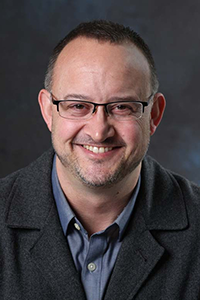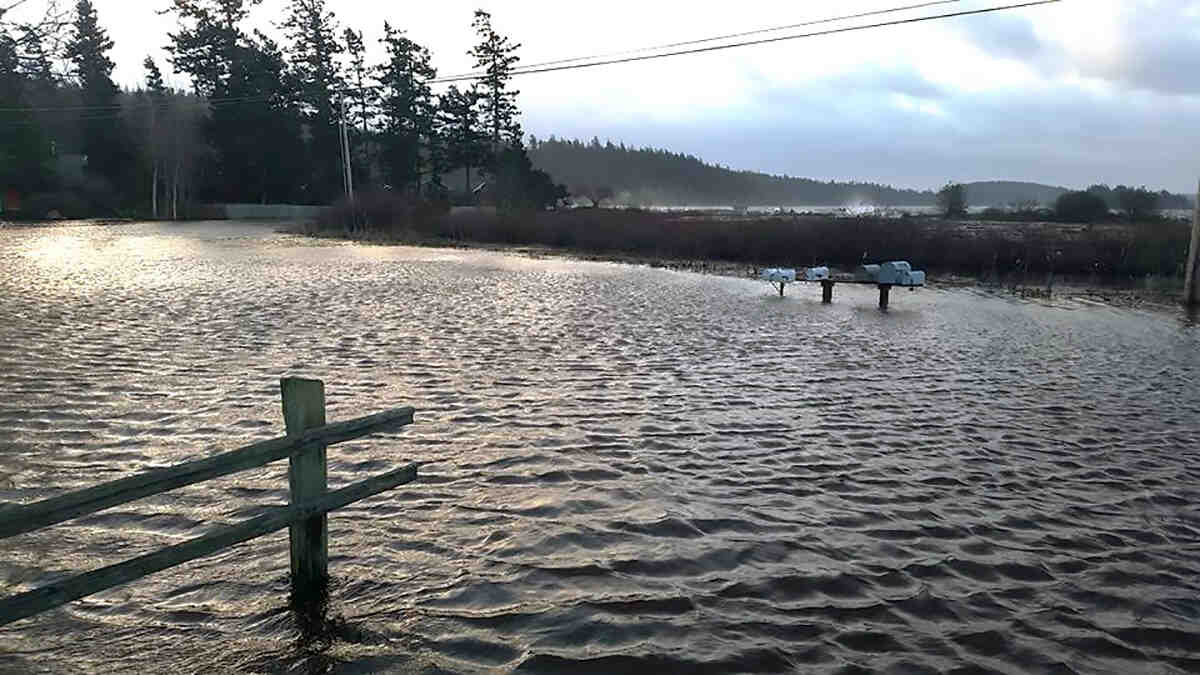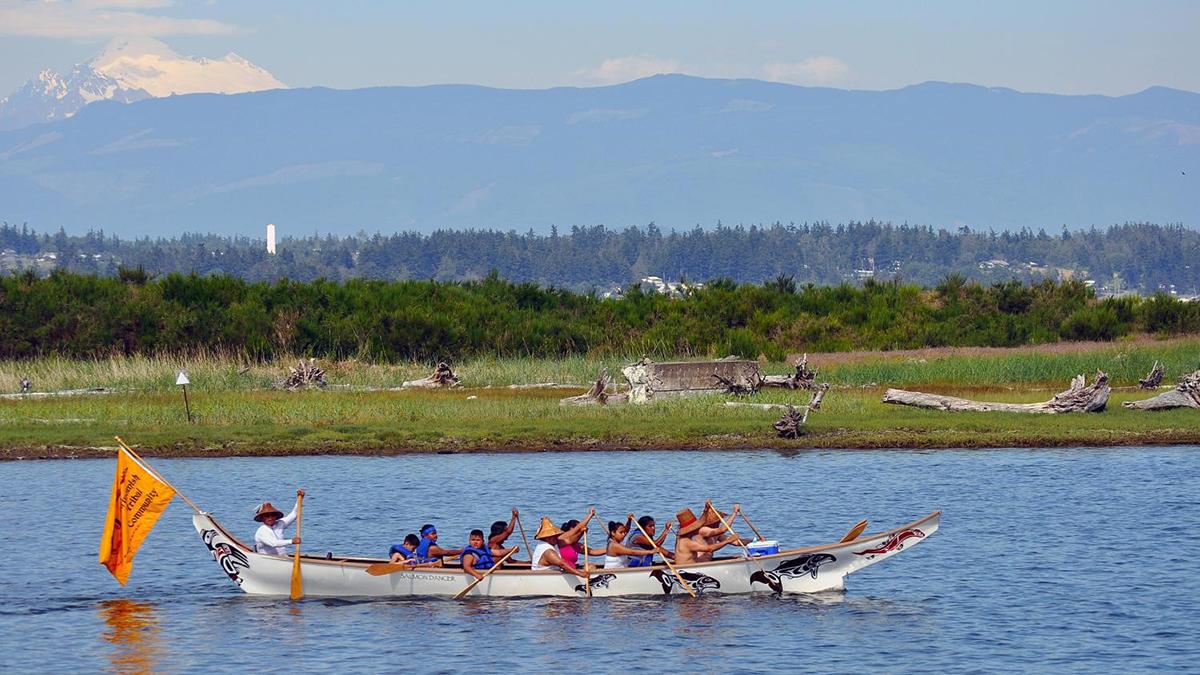
Researchers from the University of Washington are teaming up with the Swinomish Tribe to evaluate strategies the Swinomish are using to adapt to climate change.
The results could inform how tribes across the US incorporate the latest climate science into their ongoing efforts to build healthy and more resilient communities in the face of a warming planet.
Like many tribes, the Swinomish Indian Tribal Community is already a leader in responding to climate change, said Dr. Jeremy Hess, project team member and associate professor in the UW Department of Environmental & Occupational Health Sciences (DEOHS).
“This is an important next step in their work—to assess their efforts, learn what’s working and share that knowledge with others,” said Hess, who is also associate professor of emergency medicine and global health at the UW.
“Overwhelming as the challenges before us may at times seem, our community and culture have also proven their ability to endure and survive many times before,” said Chairman Brian Cladoosby of the Swinomish Indian Tribal Community.
“It is essential that our place-based knowledge is included in any discussion of climate change.”

Under threat from climate change
The Swinomish Reservation, located on Fidalgo Island in Skagit County, sits on mostly low-lying land ringed by water. The Swinomish declared climate change an imminent threat in 2007 and developed an action plan to respond.
The research team will evaluate the tribe’s efforts to incorporate “Indigenous Health Indicators” into a framework originally developed by the US Centers for Disease Control and Prevention (CDC) to help health departments with climate change adaptation.
The two-year project is supported by a $350,000 grant from the Robert Wood Johnson Foundation.
“This work is important for many reasons, including the fact that this is one of the first significant efforts on the part of a large US foundation to support research on climate change adaptation,” Hess said.
What it means to be healthy
Pacific Northwest tribes are expected to face some of the most acute impacts from climate change, Hess said. Many are already preparing for the future.
For the nearly 1,000 people enrolled as members of the Swinomish Tribe, harvesting, preparing and using traditional foods and resources are part of the cultural fabric.
The Swinomish concept of a healthy community is connected to generations of tribal knowledge and practices and shaped by relationships among humans, nature, natural resources and the spiritual realm.
In 2016, Hess began advising the Swinomish Tribe on its efforts to indigenize the CDC framework, known as BRACE, or Building Resilience Against Climate Effects.
That work involved incorporating localized data, feedback from tribal members and community-held values about Swinomish health definitions and priorities into the BRACE framework.
Sharing strategies that work
The results led the Tribe to identify a number of adaptation strategies.
That included adding climate-change education to the Tribe’s educational curriculum on traditional harvest practices and increasing aquaculture capacity to help protect wild clam beds from rising sea levels.
The new evaluation project is an extension of that work and will contribute to the evidence base on what works to improve community health, advance health equity and address climate change in a tribal context, Hess said.
The Swinomish created training videos about their experience indigenizing the BRACE framework and their community-based process for assessing the health impacts from an indigenous point of view.
The team will evaluate the training videos as part of the project, and that could lead to better ways to share the Swinomish experience with other tribes “in the larger effort to support each other in addressing climate change impacts,” said Jamie Donatuto, Swinomish environmental health analyst and project lead.
Other research partners include DEOHS Lecturer Nicole Errett; Swinomish Elder Larry Campbell; and Marnie Boardman of the Washington State Department of Health. The work will be guided by a technical advisory board of experts from other tribal communities.




